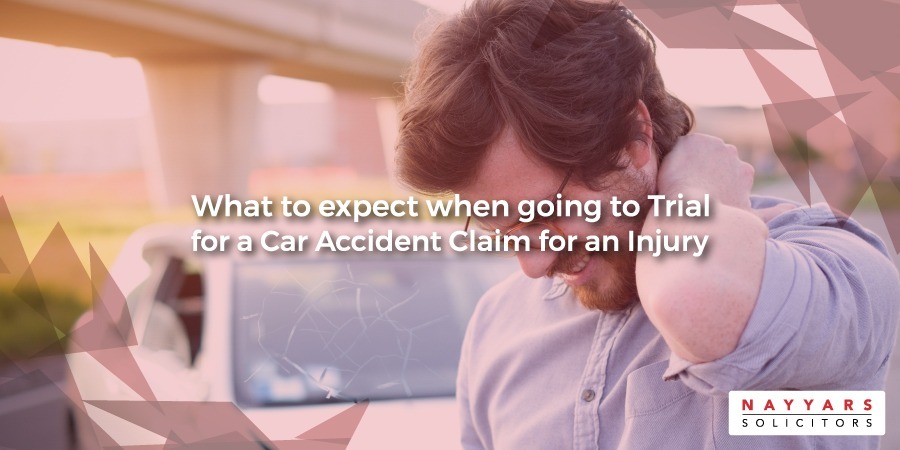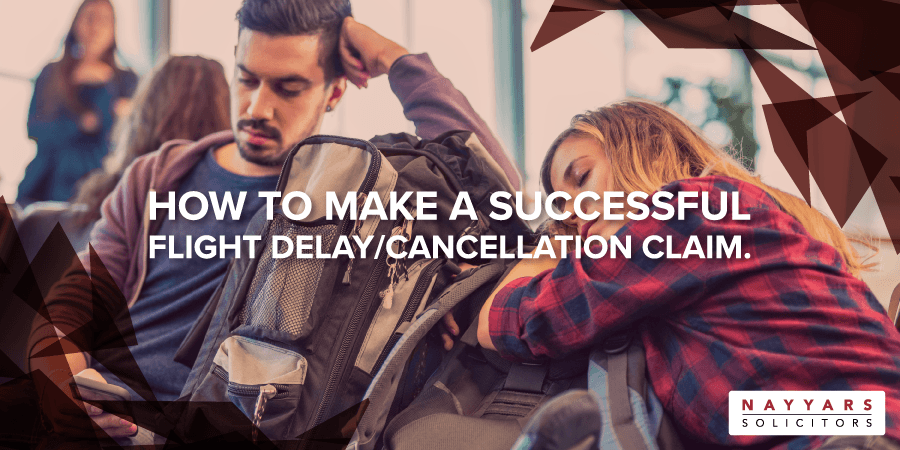LAW SOCIETY EXCELLENCE AWARDS 2019 WINNER!
What to expect when going to Trial for a car accident claim for an injury

One of the first questions we get asked as lawyers is “Will I have to go to Court?” The simple answer to that is most car accident claims are successfully settled without having to go to a Trial at court.
If your opponent (the Defendant) has refused to deal with your claim on a satisfactory basis either by not accepting fault or by not offering the correct level of damages for your injury and/or losses, then a Trial is necessary to attempt to reach settlement.
Court proceedings will be issued by your Solicitor if an amicable settlement cannot be reached with the Defendant. Your Solicitor will have followed the relevant rules before going to court, as the rules state that taking your claim to court should be a ‘last resort’. Once the court have issued the proceedings the Defendant files a Defence; their formal response to your claim.
The court then gives a timetable to the parties of how the claim will progress towards a Trial if settlement is still not reached. Once all the orders of the court have been dealt with; both parties having sent the other side all the evidence they intend to rely on, the Court will set a date for the trial.
It is important to ensure that you have given your Solicitor all the evidence you have about the claim for example, details of any witnesses, police if they attended or any photographs of the accident scene or damage suffered. It is very unlikely that any new evidence can be relied on at the trial if it has not been sent to the other party before the trial.
The trial is a civil hearing at a County Court, without a jury. Only the trial Judge and both parties and their legal representatives together with any relevant witnesses or experts go to the trial.
Both parties will give their evidence to the Judge, relying on the witness statements and documents previously sent to the other side.
You (the Claimant) will have to prove the claim in respect of fault (negligence) of the Defendant and that the negligence of the Defendant caused the injuries and/or losses suffered and/or claimed.
After the Claimant has given their evidence, the Defendant has the opportunity to cross-examine the Claimant and any witnesses. The Defendant gives their evidence and cross examination of the Defendant will be done by your legal representative, usually a barrister.
The legal representatives both sum up their cases to the Judge once all the witnesses have given evidence and been cross examined.
The Judge then gives his decision (Judgment) summing up the important points justifying his decision. This can be given immediately or the Judge can advise that time for consideration of all the evidence is required and the Judgment will follow at a later date.
Going to court can be stressful. As lawyers we understand that. You will however be represented by a Barrister and usually one of the Nayyars Team will also be present to guide you through the day. We normally arrange for you to speak to your Barrister beforehand too in a conference. Rest assured if your case is one of the few that does reach a Trial, we will make sure we everything possible beforehand to ensure you win!
Harriet Miles
Solicitor


